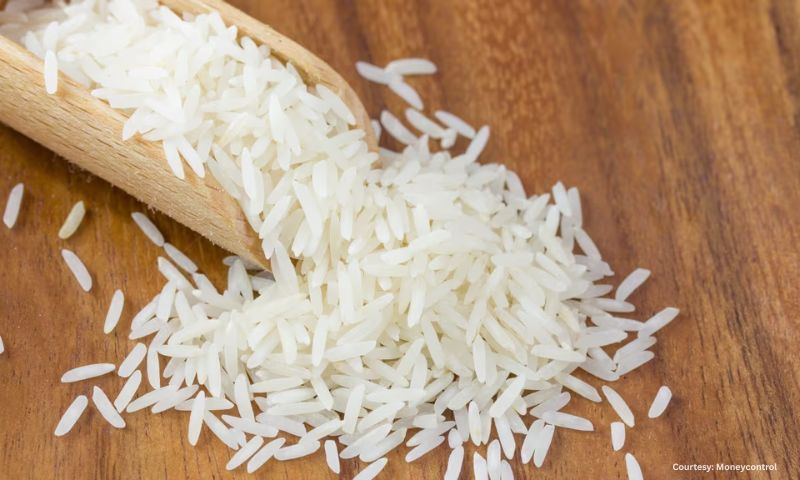ISLAMABAD/KARACHI: Despite India’s aggressive subsidies intended to undercut global rice prices, Pakistan’s rice exporters remain on track, reporting stable volumes and even improving margins on some premium varieties.
Exporters say the impact of India’s subsidised shipments has been marginal, with Pakistan retaining strong demand—especially in markets focused on basmati or high-quality white rice. In fact, trade offices report stronger orders from the Middle East and Central Asia this quarter.
While Indian state-backed shipments have reportedly undercut global prices, many buyers are now opting for Pakistani rice due to its flavour, longer grains, and sustainable farming credentials. Exporters also credit improved supply-chain practices and timely delivery for helping them hold ground.
Industry insiders estimate Pakistan exported nearly 4.1 million tonnes of rice in the past year, keeping revenues flat or slightly higher despite India’s interventions. Sources indicate that any pricing pressure has been absorbed by exporters through more efficient logistics and value-added packaging.
Commerce Ministry officials say ongoing efforts to diversify markets—such as exploring Indonesia, the Philippines, and parts of Africa—are helping offset any competitive pressure. Meanwhile, Pakistani growers have pledged continued yield improvements to support supply.
Analysts believe the situation demonstrates Pakistan’s strength in specialty rice markets, where quality—and not just price—sets the tone. As long as exporters maintain focus on premium segments, the country appears well-positioned to weather any pricing storm.
This story has been reported by PakTribune. All rights reserved.


